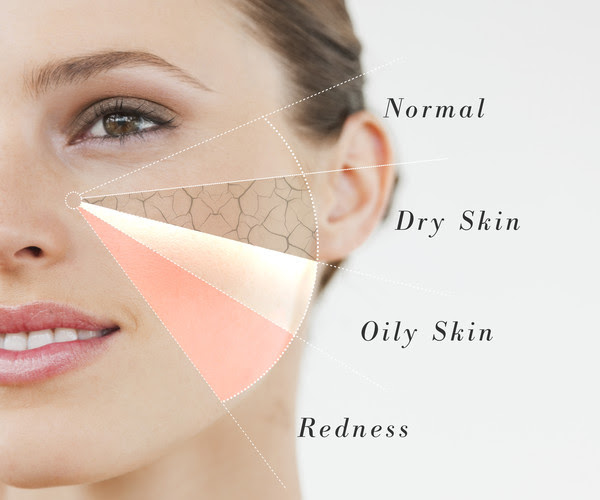You may have noticed that retinol has made its way into an increasing number of skin care products. At first it was just in night creams and serums, but lately it has been turning up in just about everything, from cleansers to sunscreens. The problem is, retinol should never be used during the day, a fact that cosmetics companies seem to ignore.Retinol is a weaker, over the counter version of tretinoin, a prescription vitamin A derivative that is highly effective in reversing sun damage and signs of aging. Tretinoin decreases fine lines, evens skin color, improves texture, tightens pores, and stimulates blood flow and collagen production. However, quite a few people cannot tolerate tretinoin because it can be highly irritating and drying. Retinol is milder; while the results may not be as dramatic, more people tolerate it well. Like tretinoin, retinol encourages skin cell turnover; this new skin is delicate and should not be exposed to the sun. That is why these ingredients should only be found in products intended for night use.Vitamin A derivatives, including retinol, rapidly break down when exposed to the sun and air. That’s why retinol-containing products should always come in pumps or tubes with tight-fitting caps. Once opened, these products do not keep well and should be used within a couple of months.What worries me and many other dermatologists is that retinol is now in used in foundations, lipsticks, sunscreens and cleansers, especially those that are touted as “anti-aging.” But in daytime products, retinol will have the opposite effect and actually make skin age faster because it is more susceptible to the sun, no matter the amount of SPF protection promised on the foundation or sunscreen. This two-in-one approach of anti-aging sunscreens and foundations is just not a good idea. A good rule of thumb is never buy a product with an SPF number and retinol in its list of ingredients – the two don’t make a good combination. Retinol-containing cleansers are simply a waste of money, because the retinol is washed down the drain and is not on the skin long enough to work. Lipsticks with retinol also arouse very little enthusiasm among dermatologists, to put it mildly. The skin on the lips is very thin and sensitive, and it’s the area of the body where skin cancers metastasize faster. I honestly think that promoting lipstick with retinol is just plain irresponsible. Unnecessary, too, since people can safely use retinol on the lips at night.
Something else to consider is that retinol, like all vitamin A derivatives, is NOT recommended for women who are pregnant or breastfeeding. That includes all skin care products, even serums and night creams. And it certainly includes sunscreens – I’m always appalled when I see pregnant women applying retinol-containing sunscreens on their bellies. I can’t understand why warnings for pregnant women are not on more skin care products.The bottom line is that retinol is a useful and proven ingredient in its proper place – night time products.

